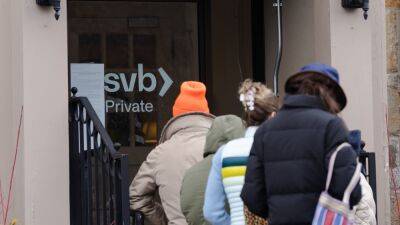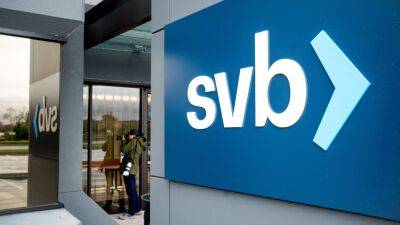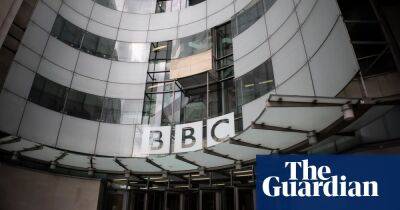Falling house prices may seem like a good thing – but it’s renters who are paying the price
U K house prices are falling. In the year to February, prices fell by 1.1% to reach their lowest level for over a decade. The drivers are clear: inflation and rising interest rates are combining to put off mortgage borrowers. Approvals are at the lowest rate since 2009.
Without hefty government intervention, the current negative trajectory will continue. If inflation remains above wage growth, buyer confidence will remain low. On the other hand, if wages start to accelerate, the Bank of England will almost certainly ramp up interest rates to avoid further inflation, which will also dampen the demand for mortgages.
Falling prices may seem like a good thing: the average home in England currently costs around nine times the average annual disposable household income. However, they would have to fall by a massive amount to return to the level of affordability – around 4.5 times income – that preceded the last major bubble of the late 1990s. Such a collapse would almost certainly cause a financial crisis and disastrous recession.
A more gradual decline in prices is the more likely outcome. Buyers without big deposits will continue to lose out due to high mortgage rates and post-crisis regulation sensibly limiting risky lending. The market will carry on favouring existing homeowners who can access lower mortgage rates and cash-buying investors seeking somewhere to park their wealth. The proportion of people continuing to rent – in a private rented sector characterised by low-quality, insecure tenures – will continue to rise and home ownership to decline.
And it is renters who will continue to suffer most from current conditions. Landlords are ramping up rents to compensate for rising interest rates on their mortgages. Or they may
Read more on theguardian.com



![Bitcoin [BTC] may look poised to hit $25K, but here’s the ‘but’ of it all - ambcrypto.com - city Santiment](https://finance-news.co/storage/thumbs_400/img/2023/3/14/59793_tvhmx.jpg)











![Decentraland [MANA] falls to half-dollar value- Can bulls prevail? - ambcrypto.com - city Santiment](https://finance-news.co/storage/thumbs_400/img/2023/3/12/59448_1lp1v.jpg)
